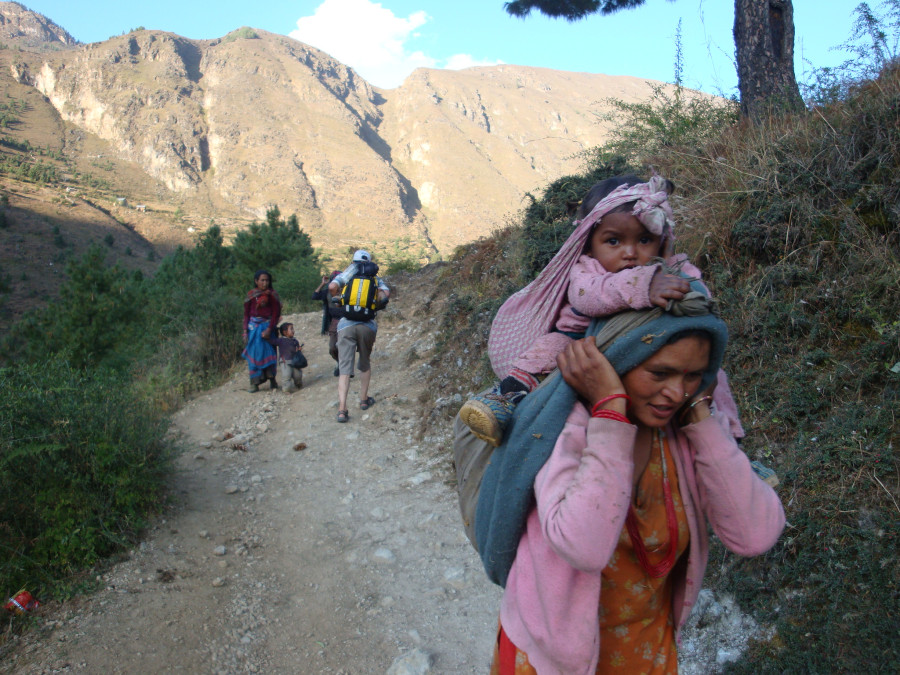National
Central Bureau of Statistics says next census will be the most comprehensive one ever
The entire process, which is estimated to cost Rs4.5 billion, will include households, livestock, and physical infrastructure at all levels.
Prithvi Man Shrestha
In a first, the Central Bureau of Statistics will be accumulating data on livestock, housing facilities for the animals, and community infrastructure in what it says will be the most comprehensive survey ever done in the country.
The bureau conducts a survey on population and housing every 10 years. The last census, held in 2010-11, showed the total population of the country is 26.49 million, with 5,427,302 residential households. Data showed that of the total number of households, there were 5,423,297 individual homes and the rest were institutional infrastructure, such as schools, police stations, government buildings, among others.
According to officials at the bureau, they did not reach out to all the households during the last census. In some locations, it collected data through a sample survey, according to Nebin Lal Shrestha, director-general at the Central Bureau of Statistics.
“This time, we will reach every household in the country,” he said. “There is a strong demand for micro-level data from all three tiers of the government—from the wards to the national levels,” said Shrestha. The provincial and local governments have particularly sought such data to make better-informed plans and programmes.
The statistics bureau also plans to collect data on both residential and non-residential houses, as opposed to collecting data on only residential houses in the past. The data will also include extra information such as whether one or more families live in one house, what purposes the houses have been utilised for, etc. Currently, the government does not have exact data on how many houses there are in the country.
According to Shrestha, officials will also count cattle in the next census.
Officials at the statistics bureau said they will plan to prepare a separate questionnaire for each ward to note down the physical and social infrastructure available as well, such as access to drinking water, electricity, health post, road, schools among others. “The data will give information about where basic infrastructure facilities are available and where they are not,” said Shrestha.
Based on these questionnaires, the bureau will conduct a pilot census in one district in each province starting February next year.
Officials told the Post they will make necessary improvements in the questionnaires after looking at the results of the pilot census. The final census is planned to be held from June 7 to June 21 next year.
Unlike in the past census, the bureau said it won’t use teachers to counting the population; instead, they will use teachers across the country to create awareness about the census.
The government will deploy unemployed youths at the local levels to keep a count of the population as well as the households. Given the comprehensive nature of the upcoming census, the central statistics body says it has projected cost of Rs4.5 billion from preparations, field works, and the final report launch.




 13.12°C Kathmandu
13.12°C Kathmandu














